Top Class Actions’s website and social media posts use affiliate links. If you make a purchase using such links, we may receive a commission, but it will not result in any additional charges to you. Please review our Affiliate Link Disclosure for more information.
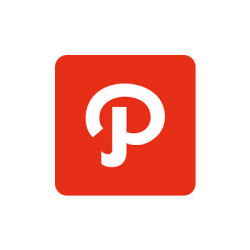
According to the Path class action lawsuit, Apple misrepresented its iPhones and other iDevices as secure that users’ contacts and other personal information could not be taken without their consent.
The plaintiffs assert that the Path social networking app uploaded users’ iDevice contact data without providing notice or obtaining consent and sent the information to Path’s servers.
According to the Path class action lawsuit, the app automatically uploaded users’ data each time the user logged on to Path.
Path reportedly collected and stored more than 600 million records from the contacts uploads in fewer than three months.
The Path class action lawsuit was initially filed in 2012 and was dismissed two years later. The plaintiffs subsequently filed an amended complaint. In January, they asked a judge to certify the Path mobile app privacy class action lawsuit.
They sought certification of a Class of consumers who downloaded Path versions 2.0 through 2.0.5 from the Apple App Store and a subclass of consumers who activated any of these versions of the iOS app on their iDevices between Nov. 29, 2011 and Feb. 7, 2012.
In April, Path and Apple both filed briefs opposing certification of the privacy class action lawsuit, arguing that app users have widely differing attitudes regarding the sharing of their personal contacts. Apple noted that the putative Class included Path users whose data was never accessed and who therefore did not suffer injury.
In Friday’s ruling, U.S. District Judge Jon S. Tigar granted certification to Path users whose contacts had been accessed, but did not grant certification to consumers who downloaded the Path app but never had their contacts uploaded.
Judge Tigar certified an “Intrusion Upload Class” that includes: “All members of the Intrusion Class that were Path registrants and activated via their Apple iDevice (iPhone, iPad, iPod touch) any of the Invasive Versions of the iOS Path app between November 29, 2011 and February 7, 2012.”
According to the court documents, the Intrusion Class includes anyone who downloaded version 2.0 through 2.0.5 of Path’s iOS mobile app from Apple’s App Store. These versions of Path are referred to as the “Invasive Versions” as mentioned in the Class definition.
Apple and Path had urged Judge Tigar to reject the proposed upload subclass because it may contain Path users who were not injured. The judge disagreed.
“Apple notes that 92 percent of Path users permitted access to their contacts after Path changed its features in February 2012,” Judge Tigar wrote. “However, that users later consented and permitted Path access to their Contacts data does not diminish the injury users may have suffered from Path’s unconsented to prior access to use of that same data.”
The consumers are represented by David M. Given, Nicholas A. Carlin and Conor H. Kennedy of Phillips Erlewine Given & Carlin LLP, Michael Von Loewenfeldt, James M. Wagstaffe and Frank Busch of Kerr & Wagstaffe LLP, and Carl F. Schwenker.
The Path Privacy Class Action Lawsuit is Marc Opperman, et al. v. Path Inc., et al., Case No. 3:13-cv-00453, in the U.S. District Court for the Northern District of California.
UPDATE: On Aug. 11, 2016, the plaintiffs in a class action lawsuit accusing a host of app developers and Apple Inc. of improperly harvesting user data without permission argued that Twitter knowingly violated their privacy because it only began asking permission to access users’ address books after public outcry over the practice.
UPDATE 2: On Sept. 9, 2016, Yelp will continue to face a privacy rights class action lawsuit alleging it made unauthorized use of users’ address book data, following a federal judge’s denial of the company’s motion for summary judgment.
UPDATE 3: On April 3, 2017, several app companies, including Twitter, Yelp, and Instagram, asked a federal judge to sign off on a $5.3 million preliminary settlement deal that would resolve a mobile app privacy class action lawsuit.
UPDATE 4: The Twitter, Instagram, Yelp App Privacy Class Action Settlement is now open. Click here to file a claim.
UPDATE 5: On June 6, 2018, Top Class Actions viewers started receivingchecks in the mailworth as much as $94.55 from a class action settlement over alleged privacy violations by developers of certain apps available on the iOS mobile app. Congratulations to everyone who filed a claim and got PAID!
ATTORNEY ADVERTISING
Top Class Actions is a Proud Member of the American Bar Association
LEGAL INFORMATION IS NOT LEGAL ADVICE
Top Class Actions Legal Statement
©2008 – 2024 Top Class Actions® LLC
Various Trademarks held by their respective owners
This website is not intended for viewing or usage by European Union citizens.





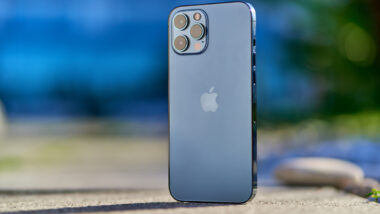



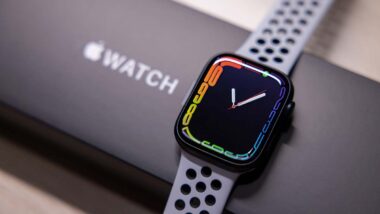


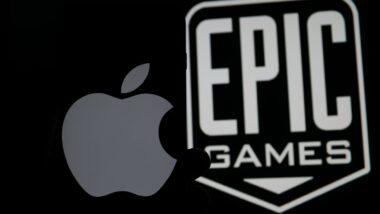
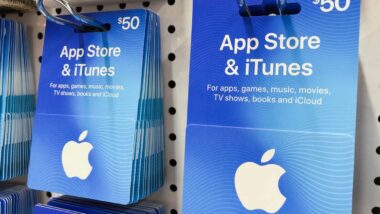

5 thoughts onApple, Path Privacy Class Action Lawsuit Gets Partial Cert.
Keep me updated please.
UPDATE 3: On April 3, 2017, several app companies, including Twitter, Yelp, and Instagram, asked a federal judge to sign off on a $5.3 million preliminary settlement deal that would resolve a mobile app privacy class action lawsuit.
UPDATE 2: On Sept. 9, 2016, Yelp will continue to face a privacy rights class action lawsuit alleging it made unauthorized use of users’ address book data, following a federal judge’s denial of the company’s motion for summary judgment.
UPDATE: On Aug. 11, 2016, the plaintiffs in a class action lawsuit accusing a host of app developers and Apple Inc. of improperly harvesting user data without permission argued that Twitter knowingly violated their privacy because it only began asking permission to access users’ address books after public outcry over the practice.
let me know.,.